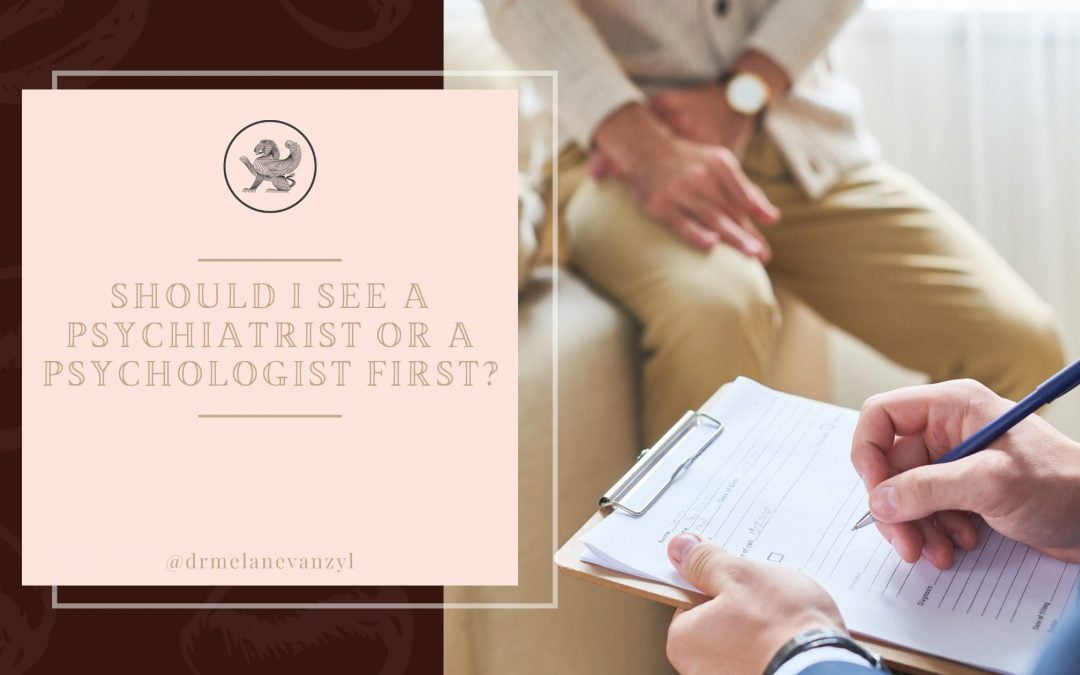CREDITS
PACIFIC HEALTH SYSTEMS
If you’re like most people seeking help for mental health for the first time, you may be a little stumped about whether you should see a psychiatrist or a psychologist—or if there’s any difference at all between the two. While both types of doctors aim to help patients optimize their mental wellness, there are distinct differences in their approaches to treatment. We’ll look at some of those differences below. As to the question of which approach is best for you, the answer depends on your condition, your symptoms, your goals, and your preferences. Read on to learn more about some of the key differences between psychiatrists and psychologists for mental health treatment.
Dr. Prakash Bhatia answers your questions:
What is psychiatry?
Psychiatry is the branch of medicine that focuses on the diagnosis, treatment, and prevention of mental health disorders. Psychiatrists are medical doctors, which means they go to medical school for four years and then spend at least five years in residency training learning about the diagnosis and treatment of mental health conditions. From there, many psychiatrists continue their training to become certified in areas of specialty, such as child and adolescent psychiatry, geriatric psychiatry, and addiction psychiatry. In most states, psychiatrists are the only mental health practitioners who can prescribe medication. But that’s not all they’re trained to do. Psychiatrists are also trained in a variety of treatment modalities, including psychotherapy, transcranial magnetic stimulation (TMS), and electroconvulsive therapy (ECT). Psychiatric Services in San Diego
What is psychology?
Psychology is the study of thought, behavior, emotion, and other factors that help us glean insight into ourselves, our actions, and each other. Psychologists are often doctors, but not medical doctors. Instead, they may be a PhD (doctor of philosophy, usually research-focused) or a PsyD (doctor of psychology, usually with a clinical focus). In the State of California, a psychologist must have Master’s and Doctorate degrees in psychology. Their coursework includes the study of biological, cognitive, and social influences on behavior, as well as training in psychological assessment and diagnosis. Practicing psychologists use a variety of therapeutic modalities to help patients cope with stress, heal from trauma, and manage symptoms of mental health disorders.
Should you see a psychologist or psychiatrist first?
For those struggling with their mental health, seeking help is an important step toward living a full and meaningful life. But knowing what kind of practitioner will provide the most effective treatment is not always clear. The good news is that experienced mental health professionals have the training and knowledge necessary for helping clients make an informed decision about the direction of their treatment. Psychiatrists and psychologists often refer patients to each other. But in general, here are some things to consider to get you started in making the decision about whether to see a psychologist or psychiatrist first.
- If you want to spend time talking about an issue and working through it in a one-on-one session, a psychologist might be a good fit.
- If you’re interested in pursuing psychiatric medication for symptom relief for a mental health disorder, you may want to start by talking with a psychiatrist.
- If the issue you’re hoping to address is relationship-focused, say a problem at work or with a family member, you may find what you need from a psychologist.
- If you are experiencing debilitating mental health symptoms that are interfering with your daily life, a psychiatrist may be a good place to start.
As mentioned above, psychiatrists and psychologists are both concerned with helping people optimize their mental wellness, and both are often trained in a variety of treatment modalities. You don’t have to know exactly what you need before you reach out for help. The best place to start is with a practitioner you feel comfortable speaking to. They’ll listen to your reasons for seeking help, assess your symptoms, evaluate your medical, psychiatric, and family history, and help you decide on a course of action moving forward. And remember, many people visit more than one mental health practitioner before they find the best fit.

